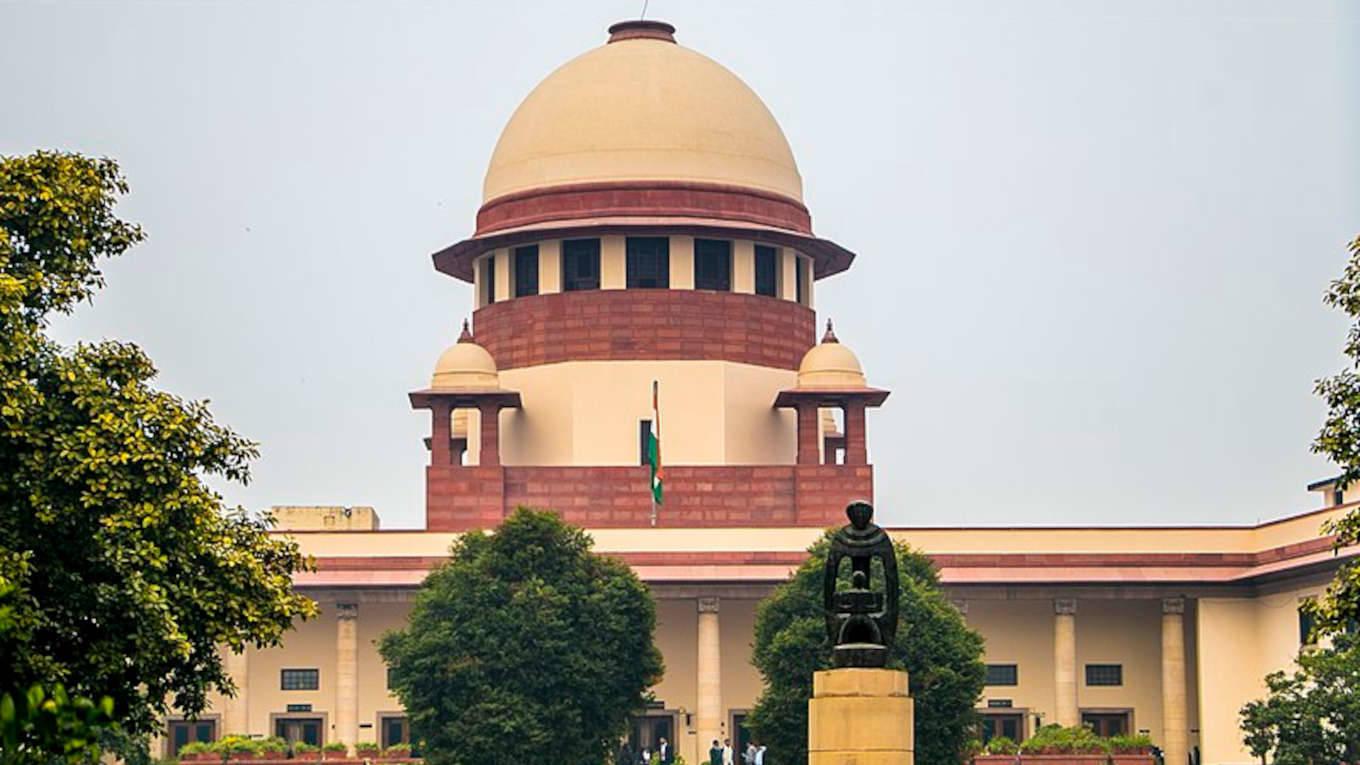The Supreme Court has declared the National Green Tribunal’s (NGT) position as a “unique” forum endowed with suo motu powers to take up environmental issues across the country. Suo motu power was not conferred under the NGT Act, and the specialised tribunal had to be moved by an outside party for it to act. But the judges noted that it would be procedural hair-splitting to argue that the NGT could act upon a letter being written to it, but learning about an environmental exigency through any other means cannot trigger the NGT into action. To endorse such an approach would surely be rendering the forum procedurally shackled or incapacitated, a three-judge Bench of Justices A.M. Khanwilkar, Hrishikesh Roy and C.T. Ravikumar has said in their judgement. Thus, when substantial questions relating to the environment arise and the issue is civil in nature and those relate to the Act, the NGT may now, even in the absence of an application, self-ignite action either towards amelioration or towards prevention of harm. Such circumstances would, however, require a notice to be given to the sender of the communication or author of the news item, as the case may be, to assist the NGT in the course of the hearing and to substantiate the factual matters. The exercise of suo motu jurisdiction will not eschew the principles of natural justice and fair play. Thus the party likely to be affected would be afforded due opportunity to present their side, before suffering adverse orders.
-

The Supreme Court has declared the National Green Tribunal’s position as a “unique” forum























